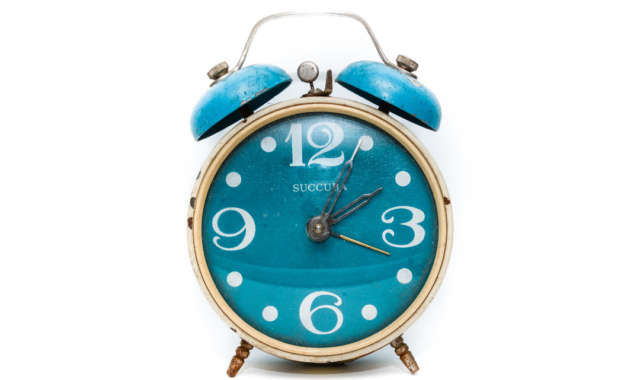Your loved one with Alzheimer’s has led a life rich with meaning. Over the years, you’ve heard stories that inspired you, gave you insight, and made you feel more connected with your history. Now that your loved one has been diagnosed with dementia, you want to be sure your family doesn’t lose these precious memories. This list of tips will show you how to preserve the memories of a loved one who has Alzheimer’s, collecting their stories and meaningful memories before they lose too much of their ability to remember them.
Benefits of Preserving the Memories of Your Loved One
Though we all benefit from the life stories of our loved ones, in the case of Alzheimer’s disease, the patient also benefits from the exercise. Early on in the disease, people with Alzheimer’s have difficulty remembering current events. However, their early memories are often more vivid and easier to recall. Sadly, Alzheimer’s disease takes even those early memories in time.
You can help a loved one manage the onset of memory loss by helping them preserve their stories and creating a tangible collection of memories. Sharing “remember when” stories helps to stimulate memories in your loved one with Alzheimer’s. It also provides an opportunity to bring people together to enjoy your shared history.
This process can also help to reduce the feelings of depression which are common with dementia. Remembering old times and building new memories provides a positive experience for everyone involved.
Tips to Help Your Loved One Share Their Stories
Working with your loved one to collect the stories of their childhood and earlier years can be a loving and rewarding activity for everyone involved. Gather the family and involve them in the activities you do together. Everything you do with your loved one is an opportunity to relate and build your connection.
As you engage in the ideas below, make sure you’re ready to record, whether it be taking notes, pictures, or videos. Though, you don’t want to put your loved one on the spot, gauge their comfort level and choose your methods accordingly. Keep your activities relaxed and low-pressure.
1. Review old photo albums together.
Looking through old photo albums is a great way to trigger memories. If your loved one struggles to remember details about a person pictured in a photo, provide cues when to help them remember. If these cues bring back a memory, ask gentle questions to see if they can continue sharing stories about the person in the image. Allowing the conversation to flow without pushing for results will make this an enjoyable experience for everyone involved.
2. Listen to music enjoyed in earlier years.
Music has the ability to trigger memories — many of us link times in our life to songs that we hear. Play some big band music or music that you know they enjoyed earlier in life and see what comes up in your loved one’s memory. Music can also help to calm and soothe.
3. Share “I remember when” stories and film responses.
Sit with your family sharing stories together. Everyone can participate, including your loved one with Alzheimer’s. Sometimes activities like this can help to bring back memories. And if not, watch your loved one’s face light up as they see the excitement and joy on your family’s faces.
4. Cook together.
Sensory memory can be a powerful thing, and any of the senses can trigger it. Some of us relate things to our sense of hearing, like with music. Others may relate times in our lives to our sense of smell. What memories does cinnamon or pumpkin pie spice conjure up for you? Prepare your loved one’s favorite dish and invite them to share memories of when they have enjoyed the dish in the past if they are able to.
5. Record new events.
Memories aren’t just available for past events. Create new memories together that you can share with generations to come. Plan a family gathering and record your loved one’s reaction to the day’s events. You’ll build new memories you will cherish forever. You can also take advantage of family milestone events to record. For example, when a grandson has a birthday party, film your loved one’s involvement. If a granddaughter graduates from school, make sure to preserve the moment. Write down the stories, take pictures, and record the events.
6. Create a memory vault.
You can create a scrapbook of pictures or create one online that captures photos and audio recordings. Thingealogy is a wonderful online resource that makes it easy to pull your online scrapbook together. You can record your loved one speaking on a smartphone and add photos, then categorize related pieces into collections that cover a particular memory or event.
When you have a loved one with Alzheimer’s, it’s important to preserve their stories. Taking the time to reminisce can show you the true power of memories. Collect these stories and create new ones you will cherish for years to come.
Thingealogy® is a free story-telling app that helps you organize and preserve the memories of your loved ones. Download the app, and try it out for yourself!

